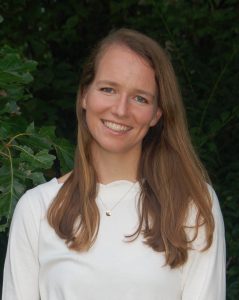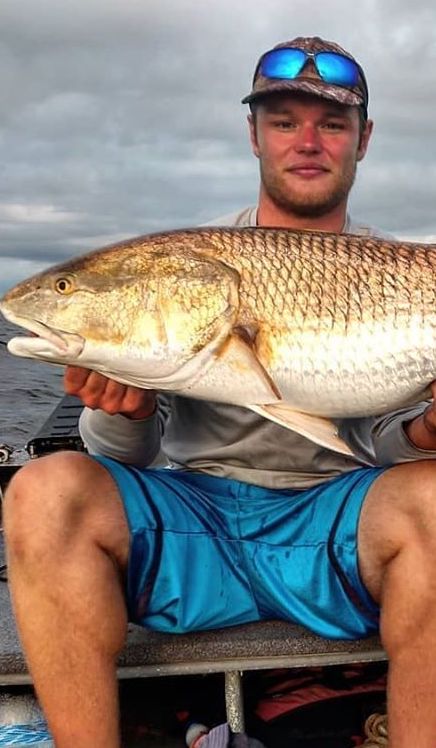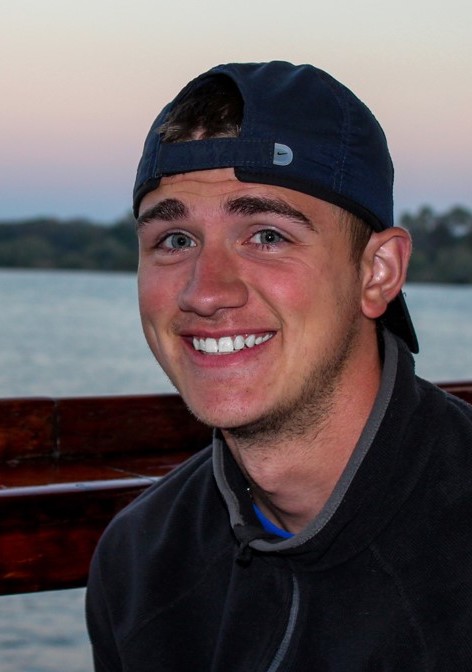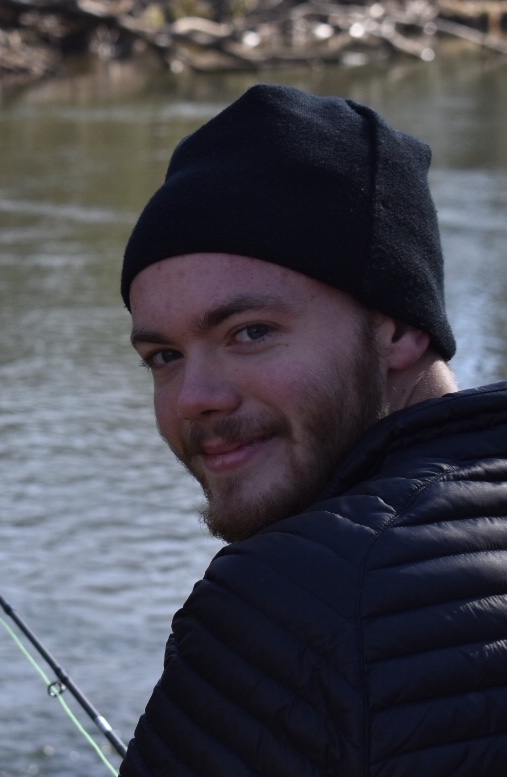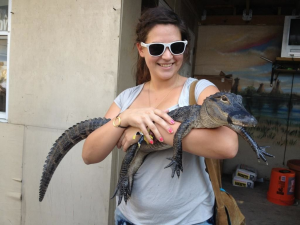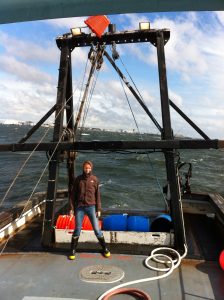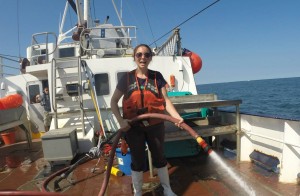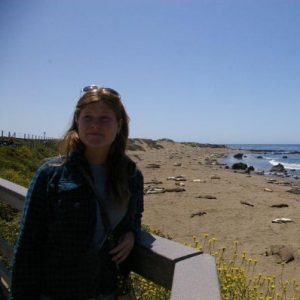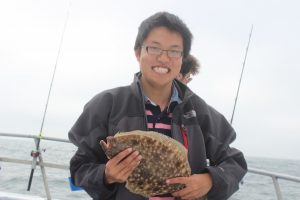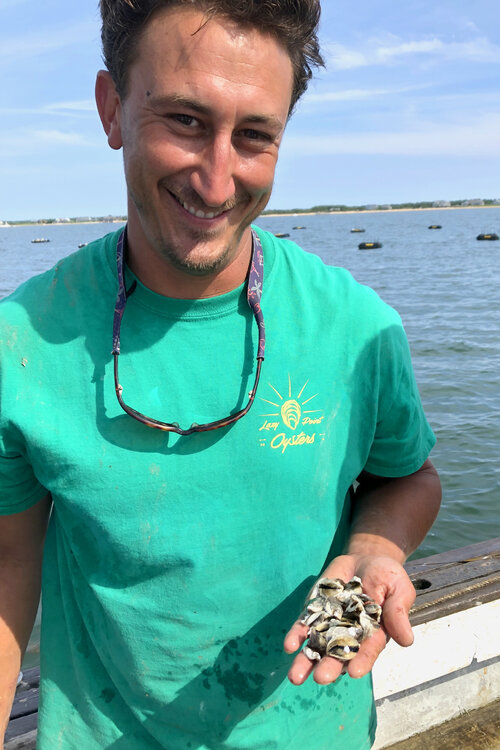Alumni
Sarah Roberts, Postdoctoral scholar
My research examines the interactions between climate, habitat, and biotic dependencies on fisheries and marine systems. My past research has focused on using statistical models to examine the effects of cyclical climate oscillations on fisheries in the South Atlantic Bight, shifting species distributions and habitat preferences in the Mid-Atlantic and Northeast US Continental Shelf, marine protected area performance under climate change, and joint distributions of ecological communities in a changing world. Sarah Roberts’ google scholar site.
Richard Mahoney, Lead Technician
While growing up in the Mid-West I built a great passion for the outdoors, these passions drove me to want to make a difference in aquatic sciences. After high school, I went on to receive my B.S. in Fisheries and Water Resources from the University of Wisconsin-Stevens Point in 2016. During my undergraduate degree I conducted field and laboratory fisheries research. I obtained a MS at the University of Central Florida Marine Ecology and Conservation Lab (UCF MEC Lab) where my thesis research explored how coastal salt marsh restoration in Northeast Florida impacted the fishes and mobile decapod communities. In the Nye Lab, I am performing experiments to determine critical temperature tolerances for coastal species to help inform future models of species distributions and food webs.
Brandon Beltz, MS student (SBU)
Raised on the Great Lakes, I was born with a passion for large bodies of water. While earning my B.S. in Biology at Grand Valley State University in Grand Rapids, MI, I gradually set my sights on the oceans. Trained in population ecology and genetics, I conducted a 4-year study tracking the historic distribution of the bold jumping spider, Phidippus audax, using mitochondrial haplotypes. While investigating the mechanisms driving these distributions, I found analogous examples of distribution shifts in marine species. I found myself preferentially reading marine literature rather than terrestrial literature and decided to pursue marine biology. My MS research is focused on climate-related distribution shifts in marine fish. I use food web models to understand how climate-induced changes in migration phenology will affect the productivity and stability of marine ecosystems.
Ryan Strader, Undergraduate student (UNC)
For his semester-long undergraduate research project, Ryan Strader developed an experimental framework to examine the CTMax of sheepshead (Archosargus probatocephalus) as well as lane, gray and mutton snapper (Lutjanus synagris, Lutjanus griseus, and Lutjanus analis). Ryan did not detect a difference in acclimation temperature on CTMax of sheepshead, but did see an influence of size on CTMax and some differences in CTMax among different species of snappers. His work laid the groundwork for similar studies on thermal biology of these and additional species. Ryan participated in the Institute for the Environment’s Morehead City Field Site (MCFS)
Adelle Molina, Ph.D 2022
Adelle did experimental work on blue crabs in Chesapeake Bay and Great South Bay, NY. She used laboratory overwintering experiments to simulate the effects of warming on blue crabs at the northern extent of their range. She went on to do postdoctoral work at Rutgers University. She was a STRIDE fellow and a Turner fellow
Emily Markowitz, MS 2018
Emily worked on the distribution of summer flounder and black sea bass as a MS student. After graduating she was a Knauss Fellow. She now is a Research Fisheries Biologist at the NOAA Alaska Fisheries Science Center. https://github.com/EmilyMarkowitz-NOAA
Cecilia O’Leary, Ph.D 2018
At Stony Brook, Cecilia was a NOAA-Sea Grant Population Dynamics fellow and worked on the population dynamics of summer flounder for her dissertation research. She also worked on the population level effects of ocean acidification on marine bivalves in New York waters. She now is a Research Fishery Biologist at NOAA NMFS Alaksa Fisheries Science Center
Adam Younes, MS SBU 2015
Adam received a combined BS/MS degree in Marine Science from Stony Brook University in 2015. He now is the proud owner and operator of Lazy Point Oysters in Long Island, NY. Here is his story:
Growing up in land locked San Antonio, Texas, trips to the Gulf of Mexico were the highlight of my childhood. I spent countless hours catching pinfish, red drum, hardhead catfish, spotted trout and an occasional stingray from any dock, pier or jetty I could find. Before entering the BS/MS program at Stony Brook University’s School of Marine and Atmospheric Sciences (SOMAS), I obtained my BA at NYU in Spanish and business. Even at that time, my best grades were in the biology classes liberal art students were mandated to take. After NYU, I worked as a site safety director in the NYC construction industry for a few years building luxury high-rise residential buildings. Ultimately, I found that line of work to be unfulfilling, and decided to return to school to pursue a degree in marine biology. As an avid fisherman, I am acutely aware of the overfishing occurring around the world. Added together with the increased demand for sources of protein and the ever increasing human population, sustainable farm raised alternatives are key to supplementing and ideally reducing pressure on wild stocks. With a career in aquaculture or fisheries management as my goal based on those needs, I entered the SOMAS program to learn about the ecology, physiology and management of marine species.

